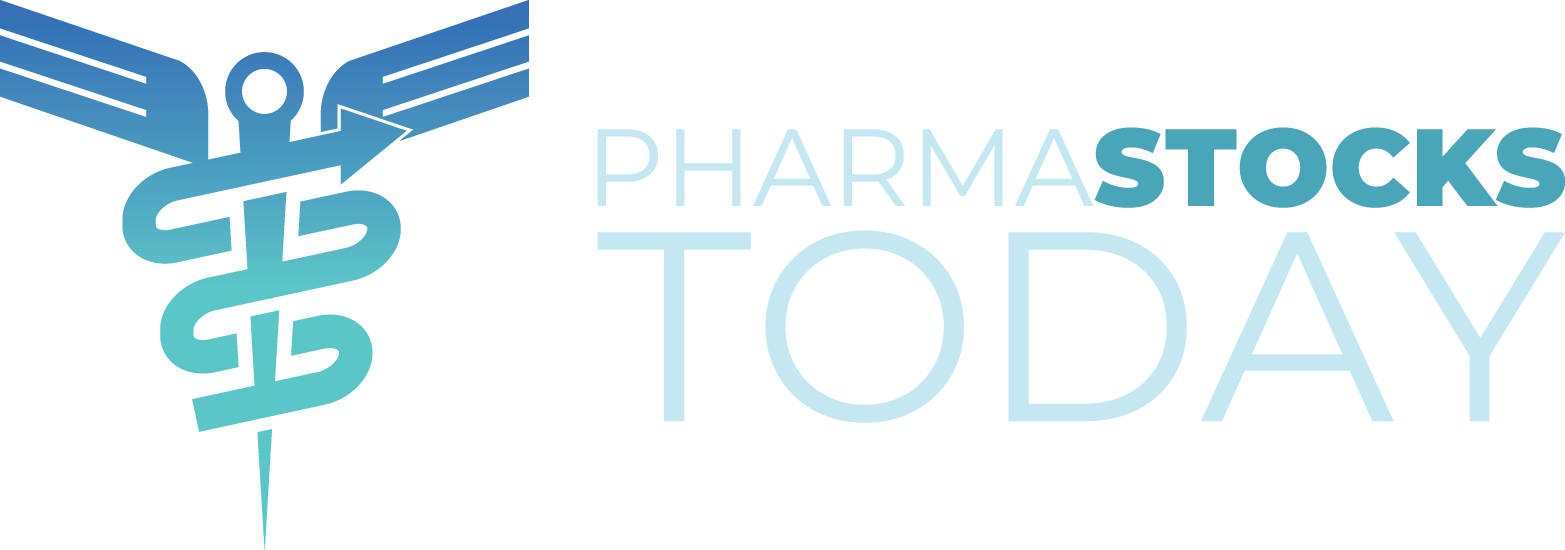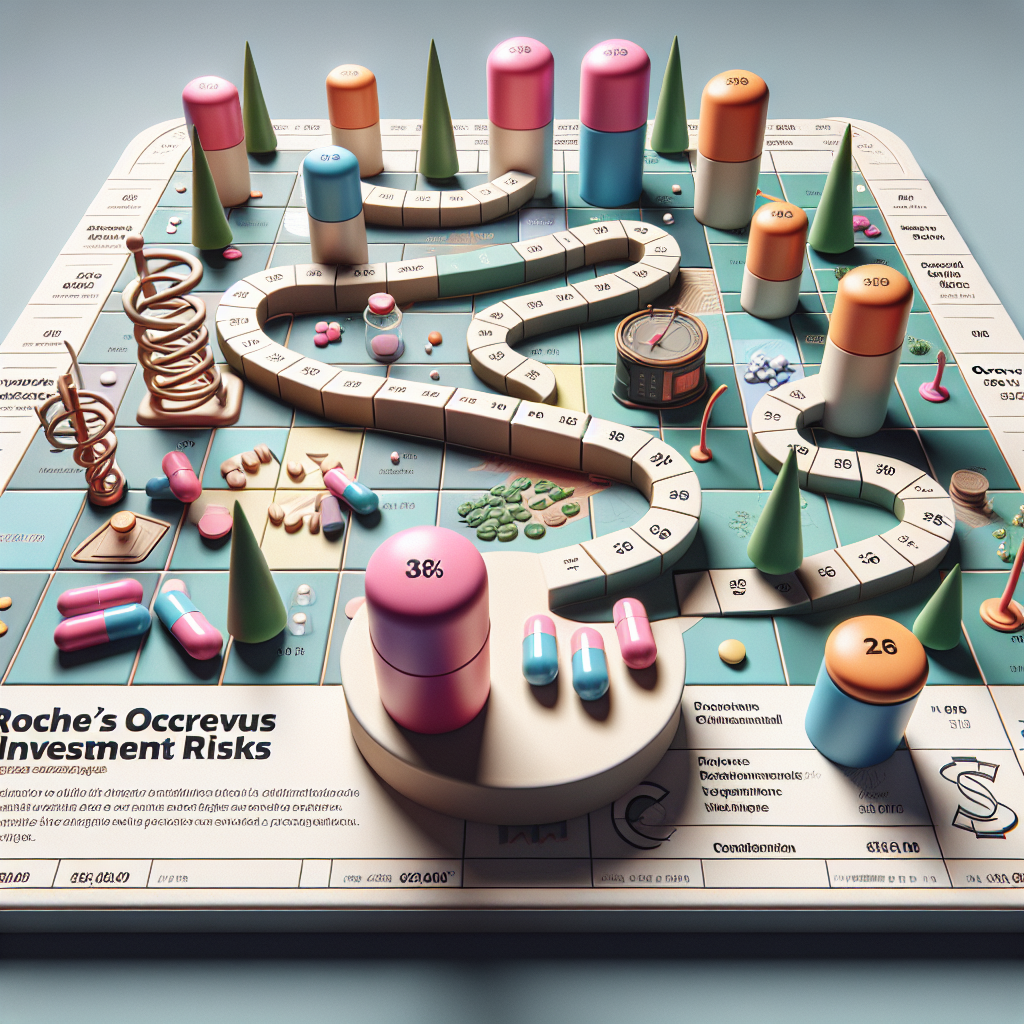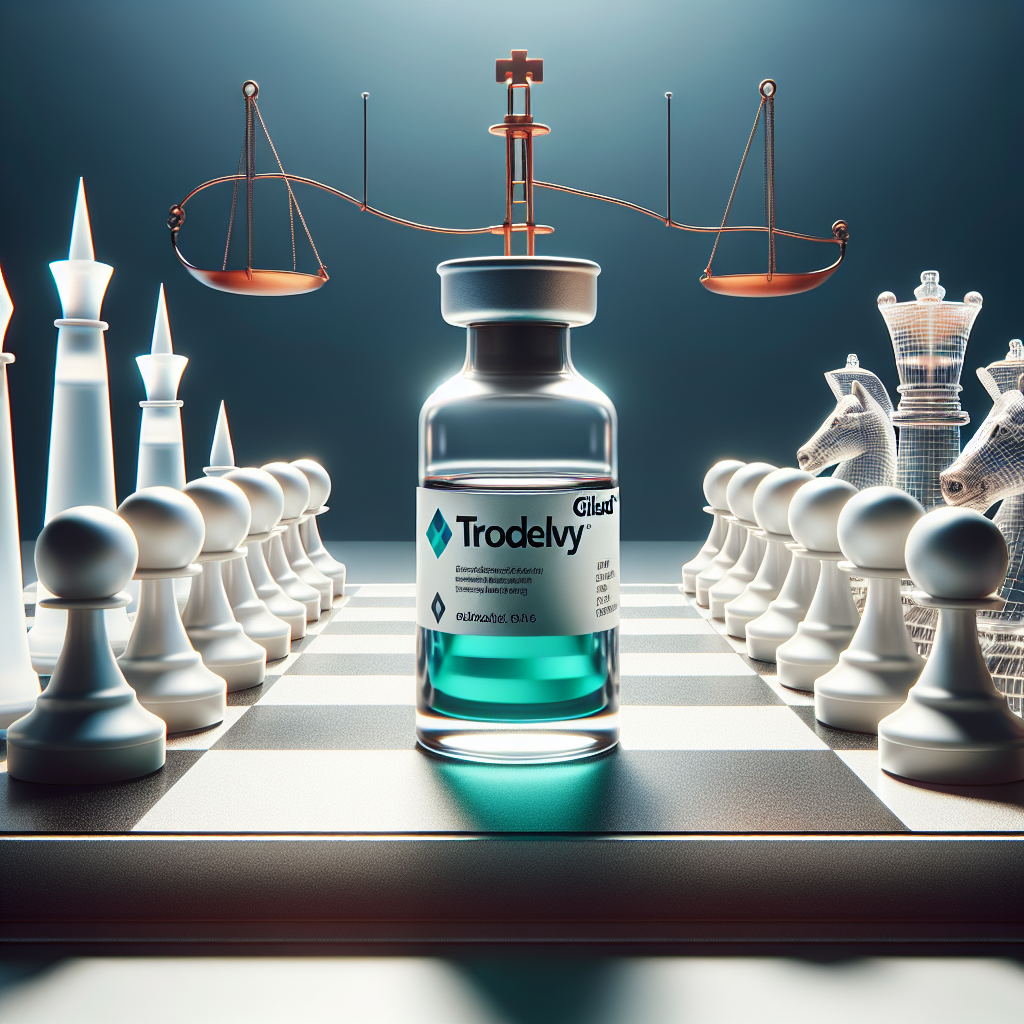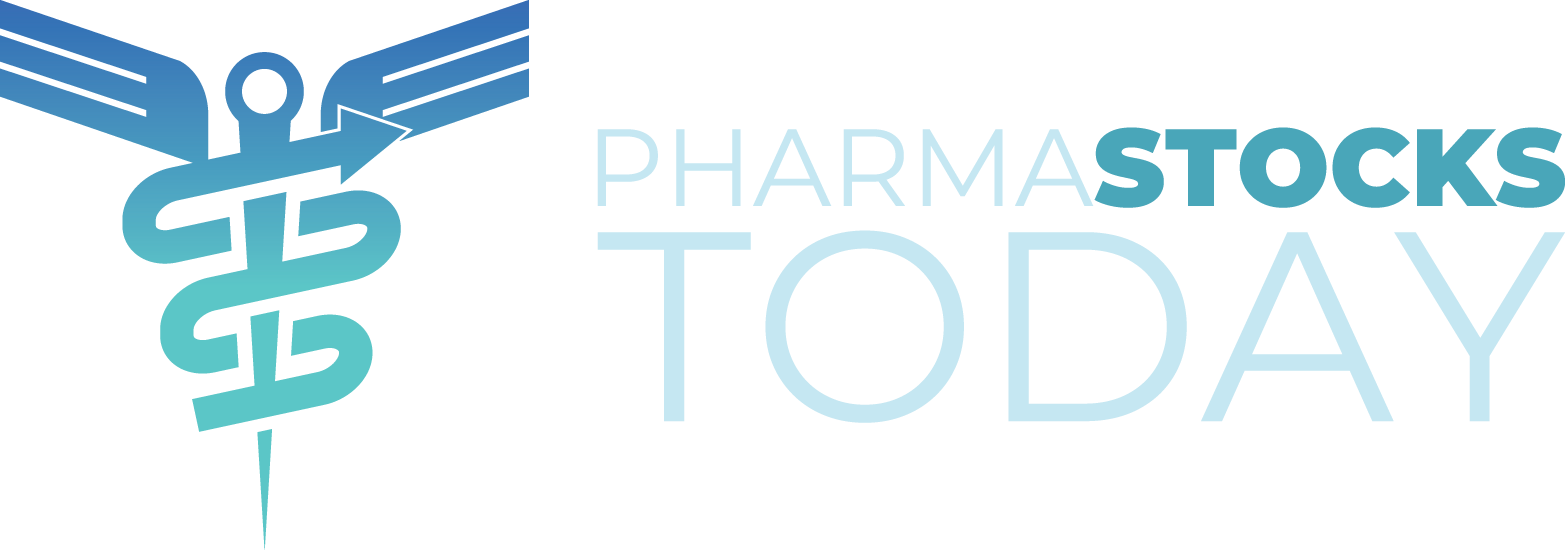Roche Faces Setback with High-Dose Ocrevus Failure Amid Biosimilar Competition
As we delve into the evolving landscape of the pharmaceutical sector, a notable recent development involves Roche’s flagship multiple sclerosis (MS) drug, Ocrevus. With the looming threat of biosimilar competition and its patent expiring by the end of the decade, Roche is intensifying its efforts to extend market exclusivity. However, the recent failure of its phase 3 trial for a high-dose variant of Ocrevus poses significant challenges.
Trial Results: A Disappointment for Roche
Roche had high hopes for its high-dose formulations of Ocrevus, testing intravenous doses of 1,200 mg and 1,800 mg in patients with relapsing multiple sclerosis (RMS). Unfortunately, the study did not meet its primary endpoint, which was the time to first onset of a 12-week composite disability progression. The trial included several performance measures, such as the time taken for patients to complete a 25-foot walk test and a nine-hole peg test. The findings indicated that higher doses did not provide any additional benefit in slowing the progression of RMS over at least 120 weeks of treatment.
Impact on Market Expectations
The failure of the high-dose Ocrevus trial could have extensive implications on Roche’s market expectations. Traditionally, Roche had positioned this formulation as a potential means to extend its intellectual property (IP) rights and thus prolong the drug’s franchise in the MS market. As stated by Levi Garraway, M.D., Ph.D., the chief medical officer of Roche subsidiary Genentech, the 600 mg intravenous version already demonstrates efficacy in significantly slowing the disease’s progression.
In light of the trial results, Roche plans to present further data at an upcoming medical conference, which could shed more light on the implications of these findings. Notably, there remains the potential for Roche to explore different avenues for extending its IP through device-based delivery methods—a strategy that was discussed by Roche Pharmaceuticals CEO Theresa Graham earlier this year.
The Competitive Landscape
Ocrevus has been a significant revenue driver for Roche, generating approximately 7.6 billion Swiss francs (or $8.1 billion) in sales last year. However, it faces stiff competition from rapidly emerging treatments. A case in point is Novartis’s Kesimpta, which has gained substantial traction in the market. With its monthly subcutaneous administration capabilities, Kesimpta achieved sales of $3.2 billion and noted an impressive 49% year-over-year growth in 2024, starkly contrasted with Ocrevus’s modest 6% gain.
Future Strategies for Roche
Despite the recent setback, Roche has multiple strategies to explore in order to maintain its competitive edge in the MS market. The company could consider enhancing the existing formulations of Ocrevus or investing in other drug candidates that complement its portfolio. Additionally, Roche’s interest in subcutaneous administration formats is noteworthy, as user convenience is becoming increasingly important to patients and healthcare providers alike.
Graham had mentioned that an effective high-dose formulation could lead to expanded IP opportunities, particularly if combined with delivery devices. This approach not only enhances convenience but also caters to patients seeking treatment options that align with their lifestyles.
Conclusion
As Roche navigates the complexities associated with Ocrevus and its market landscape, the recent clinical trial failures serve as a stark reminder of the high-stakes environment within the pharmaceutical sector. With patent expiration on the horizon and intensified biosimilar competition, Roche will need to be agile and innovative in its strategies moving forward. Investors should closely monitor Roche’s subsequent announcements, particularly regarding new formulations or strategic partnerships that could pivot the company back into a favorable light amidst the changing pharmacological competitive terrain.
In summary, while the failure of the high-dose Ocrevus trial is undoubtedly damaging, it is crucial for investors and stakeholders to keep a watchful eye on Roche’s efforts to innovate and adapt to maintain its leadership in the battle against multiple sclerosis.
















